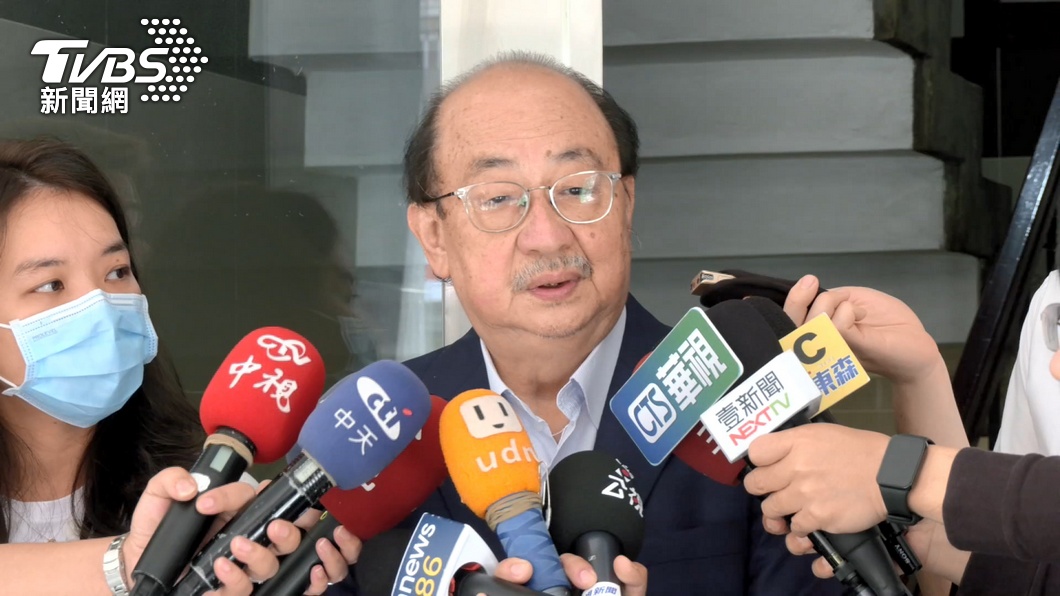TAIPEI (TVBS News) — In a heated exchange on Wednesday (May 29), the Democratic Progressive Party (DPP) caucus whip Ker Chien-ming (柯建銘) criticized Kuomintang (KMT) caucus whip Fu Kun-chi (傅崐萁) for proposing measures that Ker deemed unconstitutional.
Fu's suggestions, which included establishing a special investigation unit and abolishing the Control Yuan during the constitutional interpretation process, sparked controversy and accusations of self-incrimination.
Legislative Tensions Rise
Ker Chien-ming rebuffed Fu Kun-chi's proposals, asserting their unconstitutionality and vowing to request a temporary injunction to thwart Fu's plans. Despite the sharp criticism, Ker called for dialogue over confrontation, emphasizing that extreme opposition and internal conflict are detrimental to the nation's well-being. This plea for unity comes amid legislative disputes that have raised concerns about the clarity and implications of recent legal amendments.
A Call for Leadership and Precedent
The Legislative Yuan passed a bill on May 28, co-endorsed by the KMT and the Taiwan People's Party (TPP), aimed at expanding parliamentary powers. However, the vague definitions within the bill have led to widespread skepticism.
In response, Ker urged Legislative Yuan Speaker Han Kuo-yu to follow the example set by former Speaker Wang Jin-pyng during the 2014 Sunflower Student Movement. Wang's refusal to preside over cross-strait agreement negotiations without a supervisory law in place effectively quelled disputes at the time. Ker suggests that Han should similarly prioritize procedural justice to remove the stigma of historical wrongdoing.
Ker's appeal for leadership inspired by Wang's precedent underscores the ongoing struggle for consensus and the importance of adhering to democratic principles in Taiwan's legislative processes.



